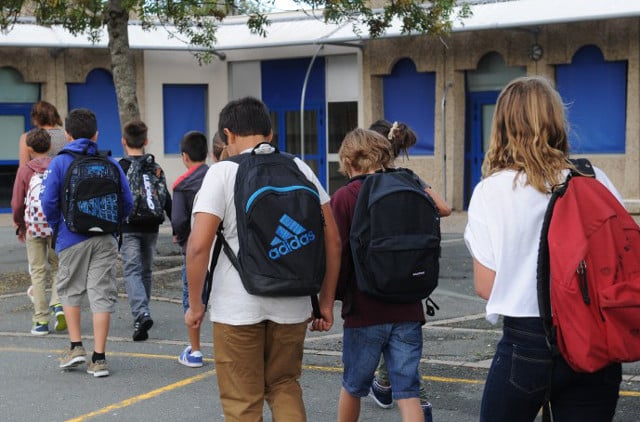
Or indeed in France, where discipline levels were shockingly low but the country finished 27th out of 72 countries academically.

French schools have a reputation for instilling strict discipline in pupils, using the "sit down, shut up" method as one education critic called it, but a new report has claimed les adolescents francais are among the most undisciplined in the world. Could that be true?



Member comments